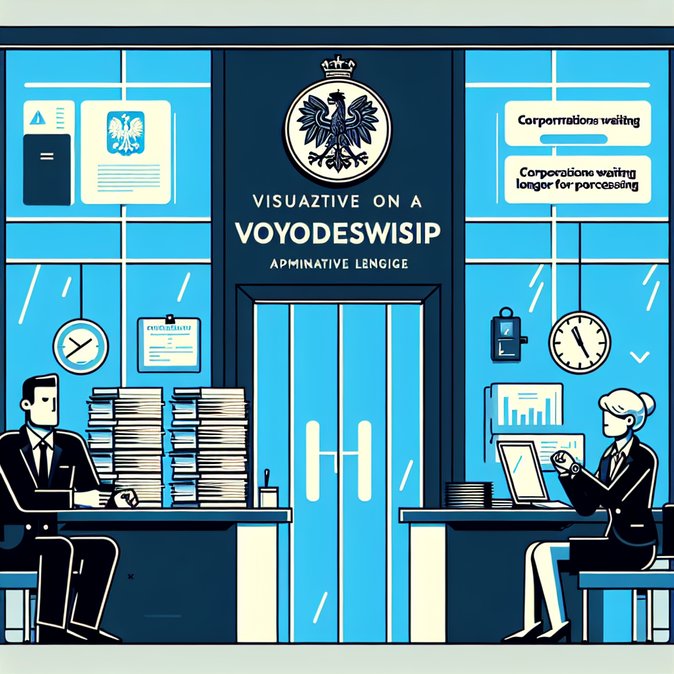
Foreigners living and working in Poland woke up on 1 November to a very different administrative landscape. Under an amendment adopted by parliament on 12 September and published in the official journal shortly afterwards, all statutory time-limits for issuing or amending residence permits have been put on ice until 4 March 2026. In practice this means that voivodeship offices can continue to accept and process applications for temporary, permanent and EU long-term permits—as well as Blue Cards and asylum claims—but the clock that normally obliges officials to issue a decision within 30–90 days has been stopped.
The government argues that the suspension is a necessary safety-valve for an over-stretched system that has faced three successive shocks: the COVID-19 backlog, the mass inflow of Ukrainians after Russia’s 2022 invasion, and a steep rise in labour-migration from Asia and Latin America. By pausing the countdown, officials avoid breaching administrative-procedure laws and potential court claims for “inactivity of the authority”.
![Poland Suspends Official Deadlines for Residence-Permit Decisions Until March 2026]()
For applicants the change is double-edged. Files will continue to move, and positive decisions already in the pipeline remain valid. But classic legal tools that foreigners used to speed up stalled cases—formal reminders, inactivity complaints and compensation suits—are now off the table for sixteen months. Employers relying on work-authorised staff are therefore advised to build longer lead-times into project plans and to monitor applications proactively.
Immigration lawyers say the reform should not be mistaken for a freeze on processing. Courts can still be used strategically to nudge offices, and the Border Guard will continue to accept proof of application as the basis for legal stay and work. Nevertheless, mobility managers are urged to prepare executives for longer, less predictable timelines and to keep digital copies of all filings, because official correspondence may slow. The government, for its part, promises that the pause will be used to train staff and migrate files to the MOS e-case system before the March 2026 restart.
The government argues that the suspension is a necessary safety-valve for an over-stretched system that has faced three successive shocks: the COVID-19 backlog, the mass inflow of Ukrainians after Russia’s 2022 invasion, and a steep rise in labour-migration from Asia and Latin America. By pausing the countdown, officials avoid breaching administrative-procedure laws and potential court claims for “inactivity of the authority”.

For applicants the change is double-edged. Files will continue to move, and positive decisions already in the pipeline remain valid. But classic legal tools that foreigners used to speed up stalled cases—formal reminders, inactivity complaints and compensation suits—are now off the table for sixteen months. Employers relying on work-authorised staff are therefore advised to build longer lead-times into project plans and to monitor applications proactively.
Immigration lawyers say the reform should not be mistaken for a freeze on processing. Courts can still be used strategically to nudge offices, and the Border Guard will continue to accept proof of application as the basis for legal stay and work. Nevertheless, mobility managers are urged to prepare executives for longer, less predictable timelines and to keep digital copies of all filings, because official correspondence may slow. The government, for its part, promises that the pause will be used to train staff and migrate files to the MOS e-case system before the March 2026 restart.











